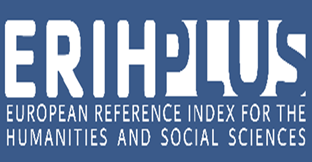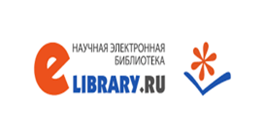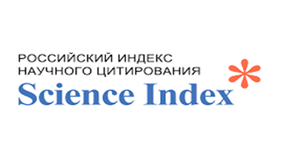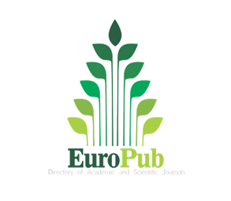The Game Ordo as an Element of Forming the Strategic Thinking of the Kyrgyz Ethnic Group
Views: 284 / PDF downloads: 131
DOI:
https://doi.org/10.32523/2664-5157-2021-1-61-67Keywords:
game ordo, strategic thinking, decision-making, territory of the state, playersAbstract
The article examines the uniqueness of the Kyrgyz folk game ordo from more than
50 different games on alchiki (in the Kyrgyz language chuko). The essence of ordo is revealed as a
team game of men knocking out the khan and the alchiks from the drawn circle. The circle drawn on the
ground meant the territory of the state, in the center of which was the ruler’s headquarters (a depression
was made where tompoy-alchik was located. Rival players worked out a plan to capture a given country
using various maneuvers. The author shows that this game was a kind of military map of the state, with
the help of which the Kyrgyz (men) were trained in the military art of maneuvering, the ability and
methods of introducing combat operations. It formed the players’ strategic and tactical thinking skills,
which contributed to making well-thought-out decisions in the interests of the community. There are
five types of ordo games. It is noted that the researchers pay attention to the fact that ordo is found
among nomadic peoples only among the Kyrgyz. This game, forgotten in the Soviet era, is now included
in World Nomadic Games. The author draws attention to the importance of teaching the ordo game as a
sport from the school bench in all educational institutions of the republic.
Downloads
Reference
Smith A. Research on the nature and causes of the wealth of peoples. Moscow, 1962. 684 p. [in Russian].
Aidarkulov K. Echo of centuries. Frunze, 1989.
Mambetakhun M. Ordo game of the Kyrgyz Jungo and territorial features. In: Traditional sports gamesof the Turkic peoples . A. Mokeev, F.Unan, O. Karatayev, J. T.Jorulmaz, J. Alymbaev, B. Buyer. Bishkek, 2015. P. 26-27.
Rysmendeeva N. Ethnographic research of the Kyrgyz people. Bishkek, 2016. 174 p.
Kakeev A. Ch. National game of the ordo model of national statehood of the Kyrgyz people. In: Kyrgyz history. KNU, 2003, Ser. 1., vol.3. History. Ethnography. Religious Studies. P. 10-13.
Kasymbekov T. The broken sword. Frunze, 1978. 447 p.
Ormon Khan in scientific works and archival materials. Bishkek, «Kyrgyzstan», 2002. 208 p.
Kyrgyz-Russian dictionary. Edited by K. Yudakhin. Moscow, 1985. 475 p.
Turk elderinin saltuu sporttuk oyundary – II [Traditional sports games of the Turkic peoples-II]. In: Türk Halklarının Geleneksel Spor Oyunları – II. Tuz.: Zhengiz Buyar, Fahri Unan, Anarkan Kasmaliyeva [Traditional sports games of Turkish peoples – II. Cor.: Cengiz Buyar, Fahri Unan, Anarkan Kasmalieva]. Bishkek, KTMU, 2018. P. 90-91. [in Kyrgyz].
Downloads
Published
How to Cite
Issue
Section
License
Copyright (c) 2021 Turkic Studies Journals

This work is licensed under a Creative Commons Attribution-NonCommercial 4.0 International License.
























